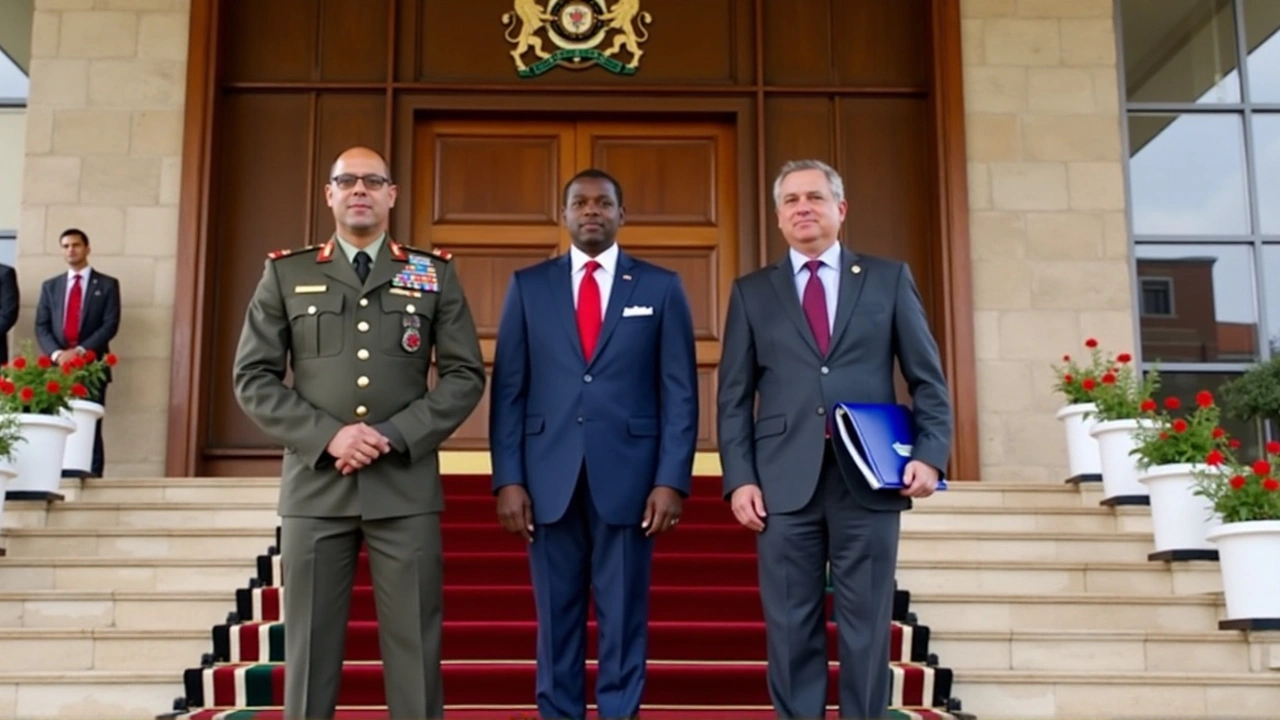US AFRICOM: News, Operations, and Impact
US AFRICOM (United States Africa Command) is the U.S. military command focused on Africa. If you follow security, humanitarian missions, or geopolitics on the continent, AFRICOM matters. This tag page collects reporting, analysis, and updates about AFRICOM’s presence, missions, and partnerships in African countries.
What does AFRICOM do? It supports partner militaries, conducts training, helps with counterterrorism, and provides disaster relief. It also helps with maritime security and intelligence sharing. AFRICOM rarely acts alone; it works with African governments, regional bodies, and other international partners.
Why watch AFRICOM closely? Its operations affect stability, local politics, and foreign relations. Deployments and training programs can reduce violence but also spark criticism about foreign military influence. How AFRICOM balances security support with respect for sovereignty is a recurring news thread.
Key topics we track
Look here for updates on base agreements, joint exercises, airstrikes, drone operations, and peacekeeping support. We also follow policy changes from the U.S. State Department and Pentagon that shape AFRICOM’s mandate. Humanitarian missions and disaster responses are noted separately because they show a non-combat side of AFRICOM work.
Reports often highlight local reactions. Protests, legislative pushes, or calls for transparency sometimes follow announcements about U.S. troops or sensors in a country. Tracking local voices helps explain the on-the-ground impact beyond official statements.
How to stay informed
Use these quick habits: subscribe to the tag to get alerts, follow our analysis pieces for context, and check timelines for major events like exercises or policy shifts. We link primary sources, official AFRICOM briefings, government releases, and verified local reporting so you can see the facts and judge them yourself.
For journalists and researchers, look for documents on troop posture, AOR maps, and partnership agreements. For residents and activists, watch for details about base locations, legal status of personnel, and joint operation mandates. For policymakers and business leaders, monitor stability indexes and maritime security updates that affect trade and investment.
Concerns about oversight and transparency are common. AFRICOM has pushed reforms in reporting and civilian casualty investigations in recent years. Still, many calls for clearer public accounting persist. We cover both official responses and watchdog findings so readers get a full picture.
Want a quick read? Scan our latest headlines under this tag for breaking actions, analysis, and regional reaction. Want deeper context? Read our feature stories that trace how past campaigns and alliances shape today’s choices. Either way, this tag aims to give clear, timely coverage on AFRICOM and its role across Africa.
If you want deeper data, check our archives for timelines of AFRICOM missions and searchable maps of incidents by country and year. Sign up for our newsletter to get weekly briefs and quick links to primary documents. Follow our reporters on social media for live updates from the field and join community comment threads for local perspectives. If you spot an error or have local sources, send tips, they help us verify stories faster and keep coverage grounded in real events regularly.
